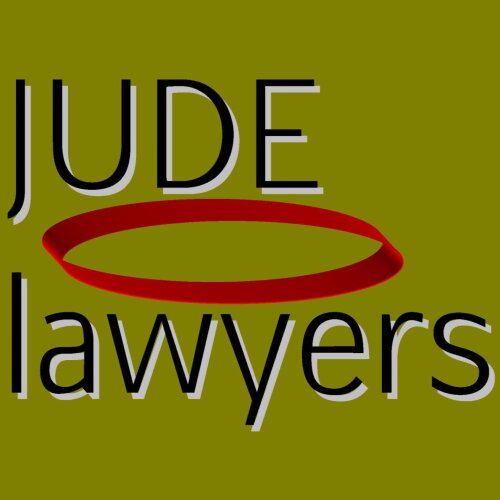Best Defamation Lawyers in Darwin
Share your needs with us, get contacted by law firms.
Free. Takes 2 min.
List of the best lawyers in Darwin, Australia
About Defamation Law in Darwin, Australia:
Defamation law in Darwin, Australia is governed by both common law principles and the Defamation Act 2005 (NT). Defamation occurs when a person communicates false statements about another person that harm their reputation. Remedies for defamation may include damages, injunctions, and retractions.
Why You May Need a Lawyer:
You may need a lawyer for defamation cases when someone has made false statements about you that have caused harm to your reputation. A lawyer can help you navigate the legal process, gather evidence, and determine the best course of action to protect your reputation.
Local Laws Overview:
In Darwin, Australia, defamation laws are similar to those in other Australian states and territories. To prove defamation, the statement must be communicated to a third party, false, and have caused harm to the person's reputation. Defamation cases in Darwin are heard in the Northern Territory Supreme Court.
Frequently Asked Questions:
1. What is the difference between slander and libel?
Slander refers to spoken defamatory statements, while libel refers to written or published defamatory statements.
2. How do I prove defamation in Darwin, Australia?
To prove defamation, you must show that the statement was false, communicated to a third party, and caused harm to your reputation.
3. Can I sue for defamation if the statement is true?
No, truth is a complete defense to a defamation claim in Australia.
4. Is there a statute of limitations for defamation cases in Darwin?
Yes, in Darwin, defamation actions must be brought within 1 year of the defamatory statement being made.
5. Can I be sued for defamation for expressing my opinion?
Opinions are generally protected under freedom of speech laws in Australia. However, if your opinion includes false statements of fact, you may be liable for defamation.
6. What is the role of the media in defamation cases?
The media can be held liable for defamation if they publish false statements that harm someone's reputation. However, they may have defenses such as truth, honest opinion, or privilege.
7. How are damages calculated in defamation cases?
Damages in defamation cases are intended to compensate the plaintiff for the harm caused to their reputation. They may include compensatory damages for loss of reputation, aggravated damages for additional harm, and exemplary damages in cases of malicious intent.
8. Can a public figure sue for defamation in Darwin?
Public figures have a higher threshold to meet in proving defamation, as they must show that the defamatory statement was made with actual malice or reckless disregard for the truth.
9. What defenses are available in defamation cases?
Common defenses in defamation cases include truth, honest opinion, absolute privilege, qualified privilege, and statutory defenses.
10. Should I apologize if I am accused of defamation?
An apology can help mitigate damages in a defamation case, but it may also be seen as an admission of guilt. It is advisable to seek legal advice before issuing an apology.
Additional Resources:
For more information on defamation law in Darwin, Australia, you can contact the Northern Territory Law Society or visit the Supreme Court of the Northern Territory website.
Next Steps:
If you believe you have been defamed or are facing a defamation claim in Darwin, Australia, it is important to seek legal advice from a qualified defamation lawyer. They can help assess your case, determine your rights, and guide you through the legal process.
Lawzana helps you find the best lawyers and law firms in Darwin through a curated and pre-screened list of qualified legal professionals. Our platform offers rankings and detailed profiles of attorneys and law firms, allowing you to compare based on practice areas, including Defamation, experience, and client feedback.
Each profile includes a description of the firm's areas of practice, client reviews, team members and partners, year of establishment, spoken languages, office locations, contact information, social media presence, and any published articles or resources. Most firms on our platform speak English and are experienced in both local and international legal matters.
Get a quote from top-rated law firms in Darwin, Australia — quickly, securely, and without unnecessary hassle.
Disclaimer:
The information provided on this page is for general informational purposes only and does not constitute legal advice. While we strive to ensure the accuracy and relevance of the content, legal information may change over time, and interpretations of the law can vary. You should always consult with a qualified legal professional for advice specific to your situation.
We disclaim all liability for actions taken or not taken based on the content of this page. If you believe any information is incorrect or outdated, please contact us, and we will review and update it where appropriate.








